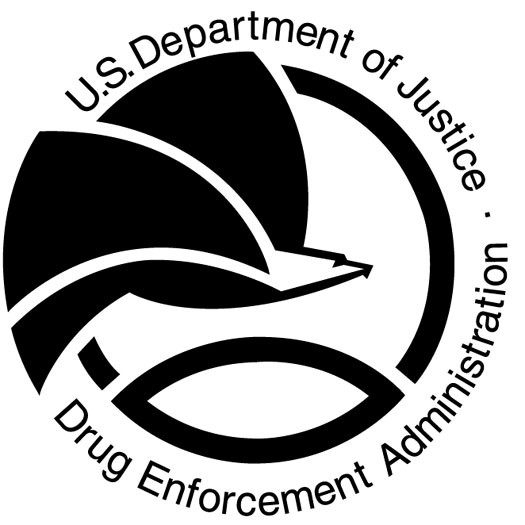 We recently posted a concise summary of what is Ebonics, or African-American Vernacular English. In even shorter terms, it is a form of English used by the U.S. African American population, usually members of the lower social strata, but also used generally as a “street language” (i.e., not limited to use by African Americans).
We recently posted a concise summary of what is Ebonics, or African-American Vernacular English. In even shorter terms, it is a form of English used by the U.S. African American population, usually members of the lower social strata, but also used generally as a “street language” (i.e., not limited to use by African Americans).
And I thought it was quite funny to run into a story a few months ago from a well-known news outlet where the headline read:
“DEA Wants to hire Ebonics translators”
It seems that this variant of English, which has long been the subject of ridicule and controversy, is now taken very seriously by the DEA. According to what one of its agents said to the press, they need nine translators for help with wiretaps on various cases and, if necessary, who can testify in court.
This language, which is sometimes (incorrectly) thought of as bad English and whose origin also remains a matter of debate, is in the spotlight because it is widely used as a means of communication in the field of the drug trade and, apparently, is not only used by African Americans but also Latinos and those of Caribbean descent.
As we saw in the previous article on Ebonics, the differences are terminological, grammatical and phonetic, so that a person who speaks standard English is going to have difficulty understanding what two people who communicate in this language are talking about, not to mention the difficulty in ascertaining whether the words they use actually belong to Ebonics or if they are using keywords between, for example, dealers to share information, though that is another issue.
What I can say is that I am happy to see that they are calling upon language professionals, who undoubtedly will be of great assistance to the DEA.
Once again it is clear that the sector of translation and interpretation play a very important role in everyday life.
(Spanish version: https://www.trustedtranslations.com/se-buscan-traductores-de-ebonics-2011-01-14.html)
